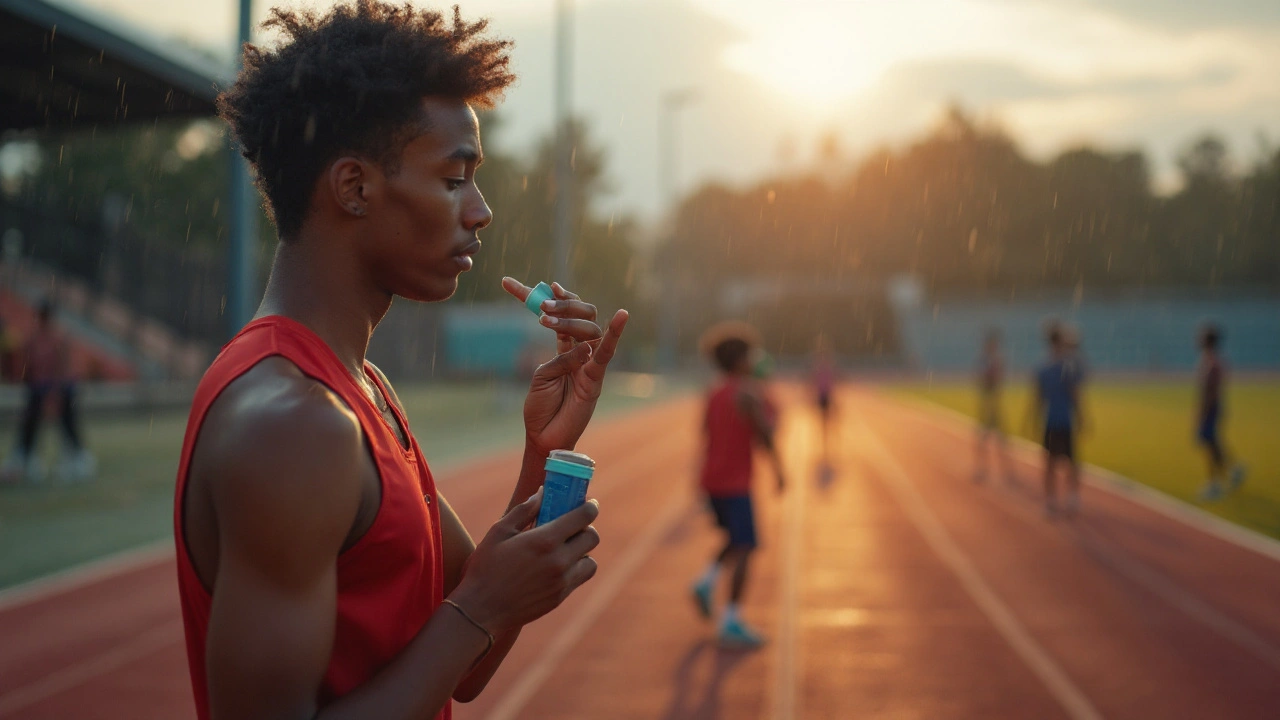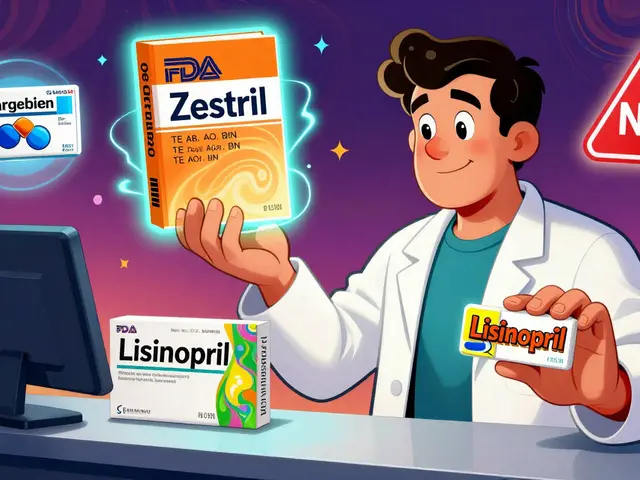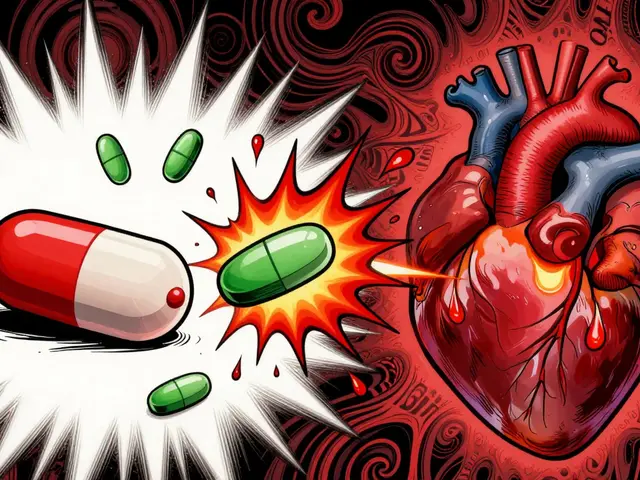
Sports Recovery: Simple Steps to Help Your Body Bounce Back
Finished a tough workout and wondering how to feel better tomorrow? Recovery isn’t just about resting – it’s about giving your body the right tools to repair and get stronger. Below you’ll find easy, science‑backed advice you can start using right away.
Hydration and Nutrition: The Basics You Can’t Skip
First off, water is a hero. Sweat drains electrolytes, so reach for a drink with a pinch of salt or a sports drink if you’ve been sweating hard. Next, think protein. A handful of Greek yogurt, a boiled egg, or a protein shake within 30 minutes of stopping exercise gives muscles the amino acids they need to rebuild.
Carbs matter too. They refill glycogen stores so you won’t feel wiped out the next day. A banana, a slice of toast, or some oats are quick options. Pair carbs with protein and you’ll cut recovery time noticeably.
Medicines, Supplements, and Simple Therapies
Sometimes soreness feels intense enough to need a little extra help. Over‑the‑counter anti‑inflammatory meds like ibuprofen can calm pain, but use them sparingly – they can irritate stomach lining if you take them too often. If you have asthma or use a bronchodilator, talk to your pharmacist about how that might affect post‑exercise breathing.
Supplements such as creatine, omega‑3 fish oil, and magnesium are popular in the sports community. Creatine supports quick energy bursts and can aid muscle repair. Omega‑3s reduce inflammation, while magnesium helps relax cramped muscles. Always check the dosage and any possible interactions with other meds you’re on.
Cold‑water immersion, also called an ice bath, is another low‑cost method. Sitting in cool water for 10‑15 minutes after a hard session can reduce swelling and speed up the healing process. If a full bath feels extreme, a simple cold shower works too.
Massage or foam‑rolling is great for loosening tight spots. Roll slowly over sore areas for about a minute each. This improves blood flow and helps waste products leave the muscle tissue faster.
Finally, sleep is when most repair happens. Aim for 7‑9 hours of quality sleep. Keep the room dark, cool, and free of screens an hour before bedtime. If you struggle to fall asleep, a short calming routine – like light stretching or deep breathing – can make a big difference.
Mix and match these tips based on what feels right for you. The goal is to stay active, avoid long‑term injuries, and keep enjoying the sport you love.
Got a specific question about a medication you take or a supplement you’re curious about? Our team at First Pharmacy UK can help you sort out safe options and dosage guidance. Remember, the best recovery plan is the one that fits your lifestyle and keeps you moving forward.
-
12 Sep






